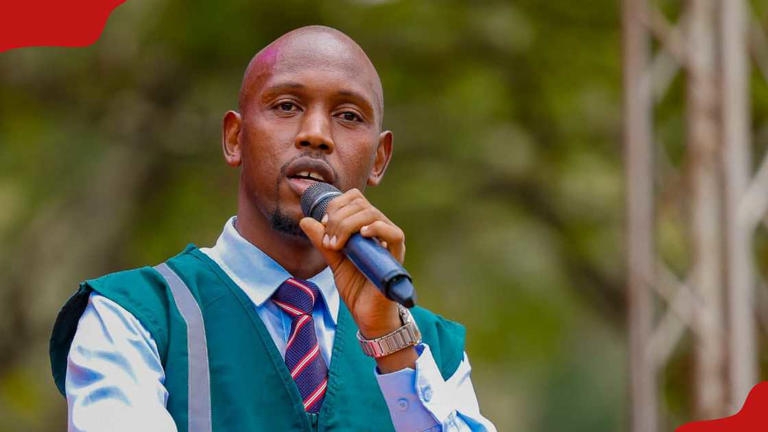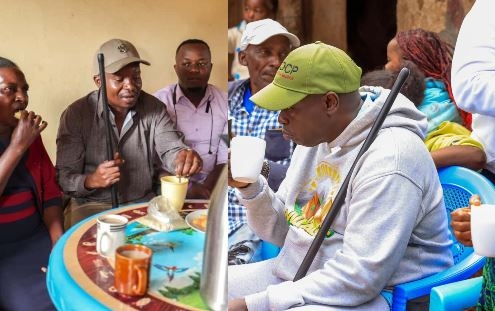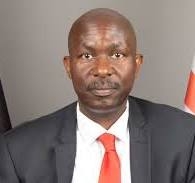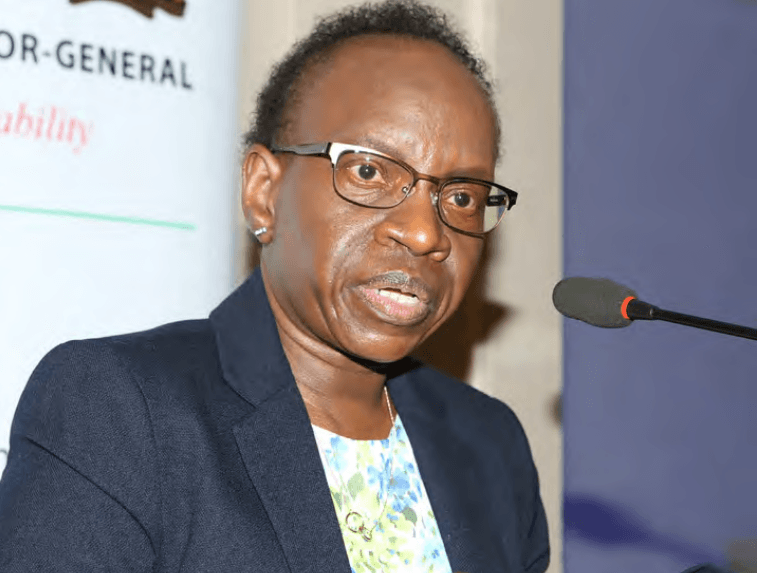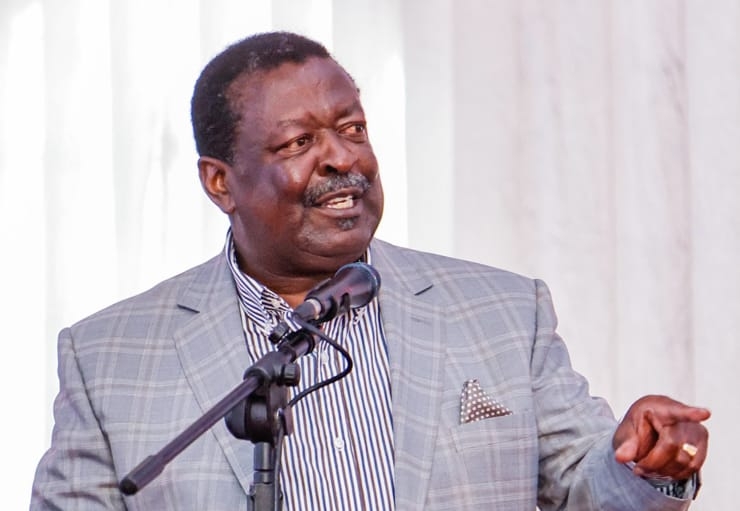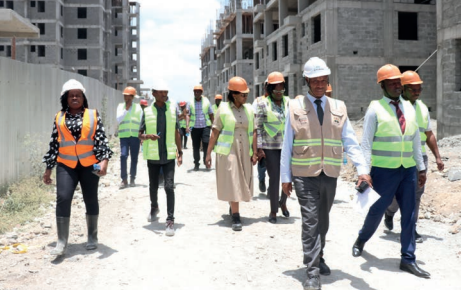
By Martin Mwita
The government will start handing over bedsitters at the Sh7 billion Mukuru Affordable Housing Project in December, State Department for Housing and Urban Development now says.
This, as it closely works with contractors on site to speed up construction of the project which is being developed using the Housing Fund on a 56 acre-parcel of land, initially grabbed by private developers before it was recovered by the Ethics and Anti-Corruption Commission and handed over to the govenrment in 2020.
Mukuru is the biggest single housing project being developed by the government comprising 13,248 housing units made up of bedsitters (26 blocks of 5,616 units), 14 blocks of one-bedrooms with 3, 024 units and 48 blocks of two-bedroomed units totaling 4,608.
According to Benjamin Njenga-Secretary, Urban and Metropolitan Development at State Department for Housing and Urban Development, phase I of the bedsitters is 99 per cent complete, phase II is at 80 per cent while the third phase is 60 per cent complete.
“The President will start giving out the units starting December. We are targeting mainly Mukuru slum residents as we implement these key projects that are aimed at replacing slums across the country with decent housing units for the population,” Njenga who is also the project manager said.
Bedsitters will go for Sh3,000 per month on rent-to-own terms payable for up to 30 years, excluding service charge. One bedroomed houses will go for Sh4,000 while two-bedroomed units will cost Sh5,000 per month.
He said the State Department is using the Housing Fund to speed up the project which has so far created more than 3,000 jobs while incorporating local artisans (Jua Kali) in the supply of fittings such as doors and windows.
Two-bedroomed houses construction at Mukuru commenced in March this year , with completion target of March 2026.
Mukuru is being developed by three contractors–M/s Vaghjiyani Ent. Ltd who are constructing bedsitters, M/s Epco Builders Limited doing one bedrooms and M/s Top Choice Surveillance Ltd which is developing two-bedroomed houses.
The Fund is also critical in developing other affordable housing projects in other parts of the country, Njenga affirmed.
Registration is through Boma Yangu with a one house per ID formula. Other projects in Nairobi include Shauri Moyo, Starehe and Soweto in Kibra.
The government plans to develope at least 200,000 homes annually in its quest to address the housing shortage in the country, where nearly 61 per cent of urban households live in slums.
This is under the Affordable Housing Programme, one of the priority areas (Priority no. 3 – Housing and Settlements) in the Kenya Kwanza Manifesto.
The policy directives under Priority No. 3 are in line with the national development blueprint–Kenya Vision 2030, delivering 250,000 homes annually noting that the market already produces about 50,000 homes.
As of 2022, Kenya needed to build 250,000 units annually for at least four years to plug its cumulative housing deficit of two million units, according to the World Bank.
“This deficit continues to rise due to fundamental constraints on both the demand and supply side and is exacerbated by an urbanisation rate of 4.4 per cent , equivalent to 0.5 million new city dwellers every year,” World Bank notes in one of its reports dubbed ‘Kenya Economic Update: Housing—Unavailable and Unaffordable’.
The government, hence is keen to bridge the deficit of 200,000 homes, the State Department for Housing and Urban Development has indicated, with the private sector also being involved in President William Ruto’s ambitious plans.
World Bank in its report noted that Kenya can make housing more affordable to, and in turn, create new channels to boost overall economic growth both at the national and county levels.
“The government is progressively closing the housing gap through the delivery of affordable housing units. This will be achieved through a mixture of approaches involving active participation of both levels of government as well as private sector players,” Housing and Urban Development PS Charles Hinga said, “These projects are at various stages of development.”
President Ruto launched 51,666 units in five months, from September last year to January 2024, a status report seen by the Star shows, creating at least 168,431 jobs in various regions of the country.
"This project has changed the lives of many youths in Kibera. People are even hoping it will create more jobs..the youth are ditching crime for meaningful employment," an employee at the Kibera site told the Star.
With about 840,622 units in the pipeline, the State Department projects that the programme will lead to the creation of 2,738,902 jobs in five years.
To enhance the programme, the government has identified pieces of land floated to developers for interest in joint development. Projects under construction in other parts of the country include Mavoko Affordable Housing, Ruiru, Homa Bay, Embu, Thika, Gichugu, Bahati, and Milimani in Kakamega, Vihiga Housing Estate and Mabera affordable housing in Kuria West.
Others are Mzizima Estate (Mombasa), Kidiwa-Kapsuswa, Pioneer AHP, Emgwen Affordable Housing Project, Timau Buuri, and two projects in Meru.
A number have been completed including Buxton in Mombasa and Nakuru Bondeni Affordable Housing (605 units).






